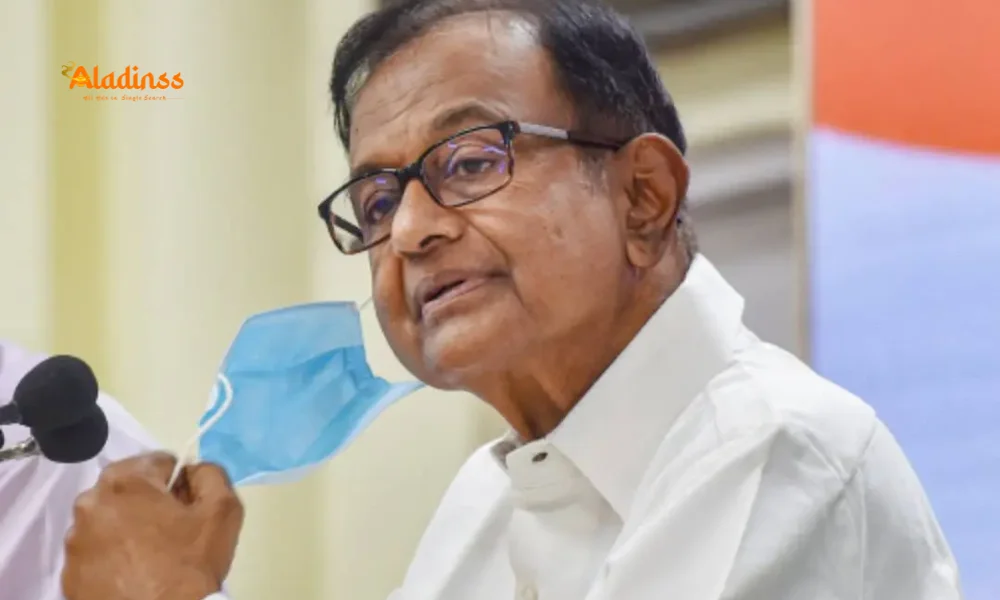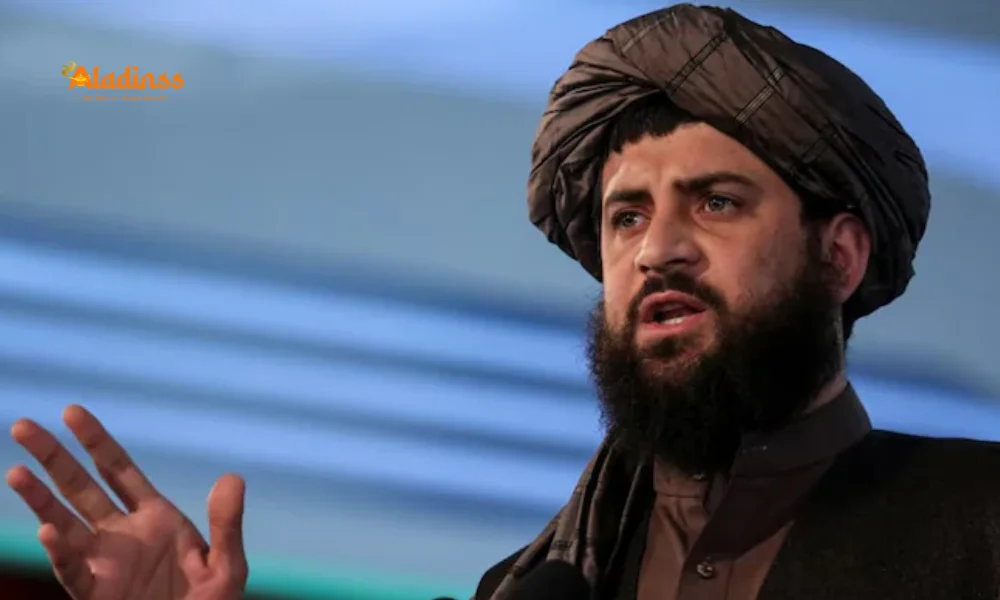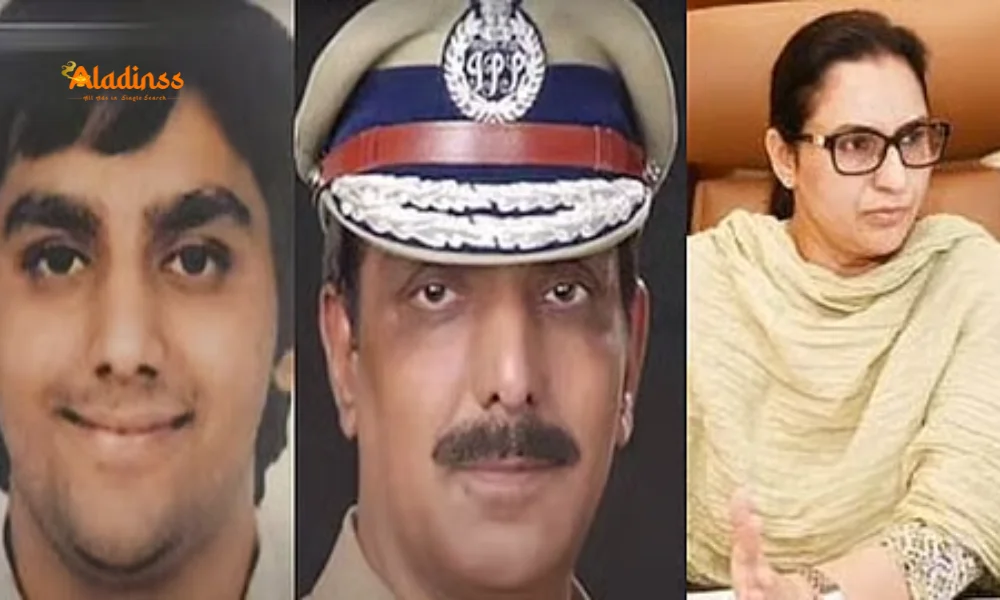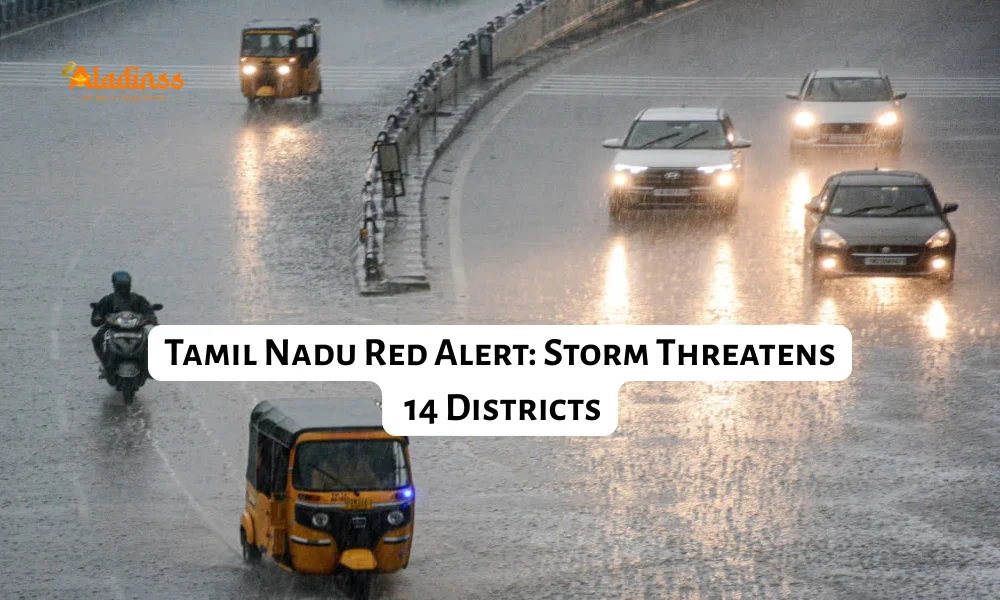UP & MP Dalit Violence Triggers Fury Across India Demands for Immediate Action
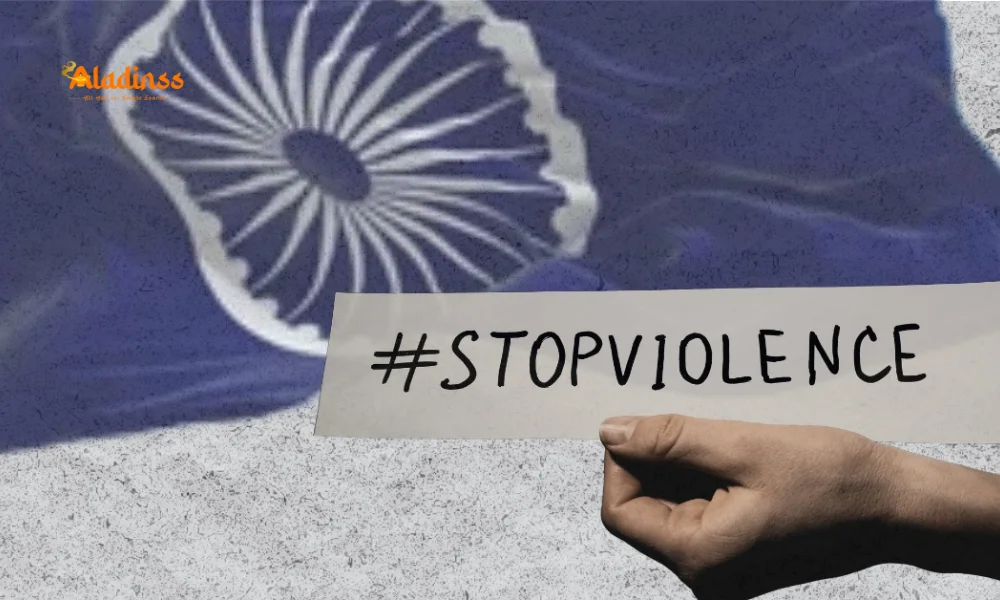
Horrific Dalit Atrocities in UP, MP Spark Nationwide Outrage
Two shocking incidents of Dalit atrocities in Uttar Pradesh and Madhya Pradesh have ignited widespread condemnation, with opposition parties slamming the BJP-led governments for failing to protect marginalized communities. In Lucknow, a 60-year-old Dalit man was allegedly forced to lick the ground near a temple, while in Bhind, a 25-year-old Dalit youth was abducted, beaten, and forced to drink urine. These cases, reported on October 22, 2025, have led to arrests under the SC/ST Act, but they highlight persistent caste-based violence in India, prompting calls for urgent reforms.
The incidents have fueled political debates, with leaders like Akhilesh Yadav and Congress representatives accusing the BJP of neglecting Dalit rights. As investigations continue, the cases underscore the ongoing struggle against caste discrimination and the need for stronger enforcement of protective laws.
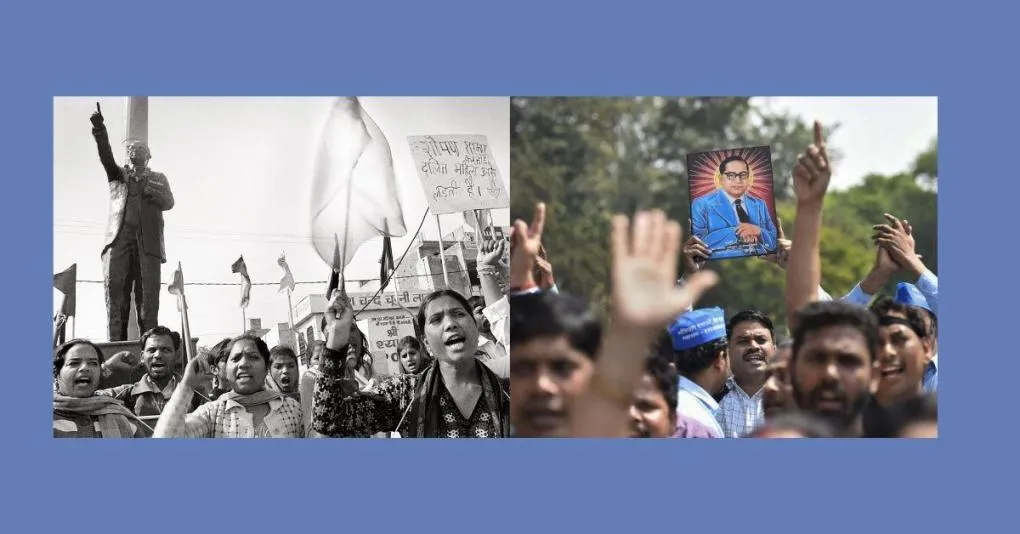
Lucknow Incident: Forced to Lick Ground
In a disturbing incident in Lucknow, 60-year-old Dalit man Rampal Rawat was allegedly humiliated near the Sheetla Maataa temple in Kakori on Diwali evening. The accused, Swami Kant alias “Pammu,” confronted Rawat, accusing him of urinating near the temple. Despite Rawat’s explanation that the wet spot was due to spilled water, Pammu allegedly subjected him to casteist slurs and forced him to lick the ground as punishment.
Rawat’s grandson, Mukesh Kumar, told reporters that his grandfather, who suffers from breathing issues, may have accidentally urinated while coughing. “He got scared and obeyed when Pammu forced him. Later, he was made to wash the spot,” Kumar said. The Lucknow police have arrested Pammu, charging him under the Scheduled Caste and Scheduled Tribe (Prevention of Atrocities) Act and relevant sections of the Bharatiya Nyaya Sanhita.
The investigation is ongoing to clarify conflicting accounts, with Rawat asserting he was forced to lick the ground, while Pammu claims he only asked him to touch it. The incident has drawn sharp criticism from opposition leaders, with Samajwadi Party chief Akhilesh Yadav calling it “inhumane and humiliating.” He emphasized the need for systemic change to prevent such degrading acts, stating, “Someone’s mistake doesn’t justify such punishment.”
Bhind Assault: Forced to Drink Urine
In Madhya Pradesh’s Bhind district, a 25-year-old Dalit man faced horrific abuse after quitting his job as a driver for Sonu Barua. The victim was allegedly abducted from his in-laws’ home in Gwalior, driven to Bhind in an SUV, and subjected to brutal assault by Barua, Alok Sharma, and Chhotu Ojha. The attackers reportedly beat him with a plastic pipe, forced him to drink urine from a bottle, and tied him with an iron chain for further humiliation.
The victim, now receiving medical treatment, recounted the ordeal to the media, highlighting the extreme cruelty he endured. The Bhind police have arrested the three accused, charging them under the SC/ST Act and multiple sections of the Bharatiya Nyaya Sanhita. The case has reignited concerns about caste-based violence in Madhya Pradesh, where similar incidents have been reported in recent years.
Political Backlash and Allegations
The incidents have triggered a political firestorm, with opposition parties accusing the BJP governments in Uttar Pradesh and Madhya Pradesh of failing to curb caste-based atrocities. The Congress party labeled the Lucknow incident a “blot on humanity,” alleging that the accused was an RSS worker, a claim denied by the police, who stated that Pammu had no organizational affiliations. The controversy has intensified scrutiny on the BJP’s handling of Dalit issues, with critics pointing to a pattern of neglect.
Akhilesh Yadav’s remarks on social media underscored the need for societal reform, urging authorities to address such incidents with urgency. The Samajwadi Party and Congress have called for stricter enforcement of the SC/ST Act and comprehensive measures to protect marginalized communities from caste-based violence.
Persistent Caste Violence in Madhya Pradesh
The Bhind incident is not an isolated case in Madhya Pradesh, where caste-based violence remains a pressing issue. Earlier in 2025, a Dalit youth in Katni was assaulted for opposing illegal mining, and another in Ujjain was beaten and forced to drink urine. A 2023 viral video from Sidhi district, showing a man urinating on a tribal youth, had previously sparked national outrage, leading to promises of reform that critics argue have not materialized.
These recurring incidents highlight the systemic nature of caste discrimination in the state, where Dalits and tribals continue to face humiliation and violence. Activists argue that despite legal protections like the SC/ST Act, enforcement remains weak, and societal attitudes toward marginalized communities have been slow to change.
Legal Framework and Challenges
The SC/ST (Prevention of Atrocities) Act, enacted to protect marginalized communities from caste-based violence, is a critical tool in addressing such incidents. Both the Lucknow and Bhind cases have seen swift arrests under this act, alongside charges under the Bharatiya Nyaya Sanhita. However, activists point out that convictions under the SC/ST Act are often low due to challenges in evidence collection, societal biases, and pressure on victims to withdraw complaints.
In the Lucknow case, the police are investigating conflicting accounts to establish the extent of the humiliation faced by Rampal Rawat. In Bhind, the victim’s testimony and medical evidence will be crucial in securing convictions. The legal process in both cases will test the efficacy of India’s anti-caste laws and the commitment of authorities to deliver justice.
Societal and Political Implications
The Dalit atrocities in Uttar Pradesh and Madhya Pradesh have reignited debates about caste discrimination and the failure of governance to protect vulnerable communities. The incidents have amplified calls for stronger anti-caste measures, including awareness campaigns, community engagement, and stricter enforcement of existing laws. Political parties are leveraging the cases to highlight governance lapses, with the BJP facing criticism for its perceived inaction on caste violence.
The Congress and Samajwadi Party’s allegations of RSS involvement in the Lucknow case, though refuted by police, reflect the polarized political climate in India. Such claims risk escalating tensions, but they also underscore the deep-seated mistrust between political factions on issues of caste and social justice.
Community Response and Activism
Dalit rights activists and community leaders have mobilized in response to the incidents, organizing protests and demanding accountability. Social media platforms have amplified the outrage, with hashtags like #JusticeForDalits trending as users share details of the cases. Activists are calling for systemic reforms, including better training for law enforcement to handle caste-based crimes and increased representation of marginalized communities in decision-making processes.
Local communities in Lucknow and Bhind have expressed solidarity with the victims, with some residents offering support to their families. The incidents have also sparked discussions about the role of education and awareness in combating caste prejudice, with NGOs advocating for grassroots initiatives to promote social equality.
The Path Forward: Addressing Caste Violence
The atrocities in Lucknow and Bhind underscore the urgent need for comprehensive measures to address caste-based violence in India. Strengthening the implementation of the SC/ST Act, improving access to justice for victims, and fostering societal change through education are critical steps. The government must also address the socio-economic factors that perpetuate caste discrimination, such as poverty and lack of opportunities for marginalized communities.
As the investigations into these cases progress, the outcomes will likely influence public discourse on caste and governance. Ensuring justice for Rampal Rawat and the Bhind victim will require a concerted effort from law enforcement, the judiciary, and civil society to confront the deep-rooted issue of caste-based violence and build a more equitable society.
Comment / Reply From
No comments yet. Be the first to comment!

